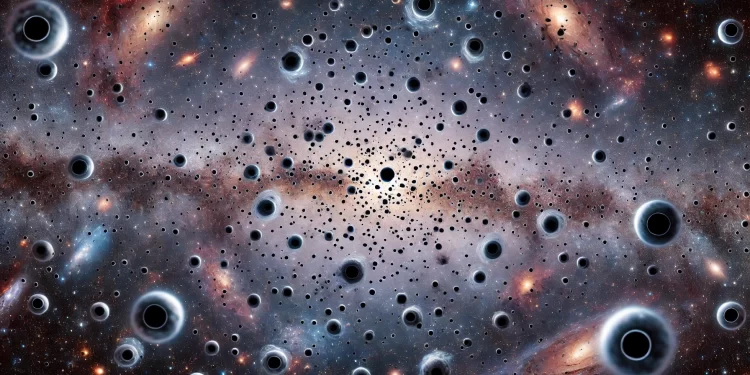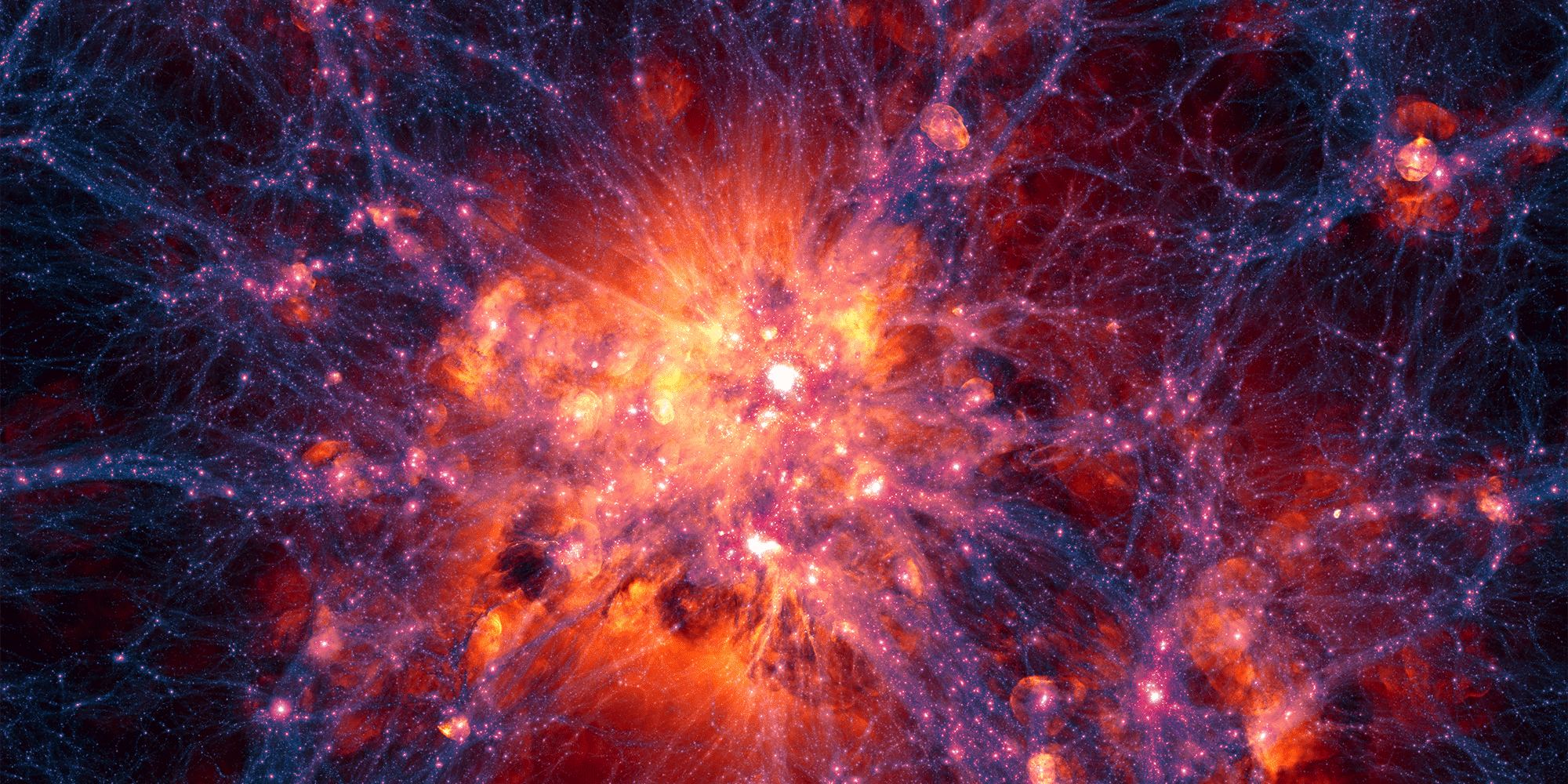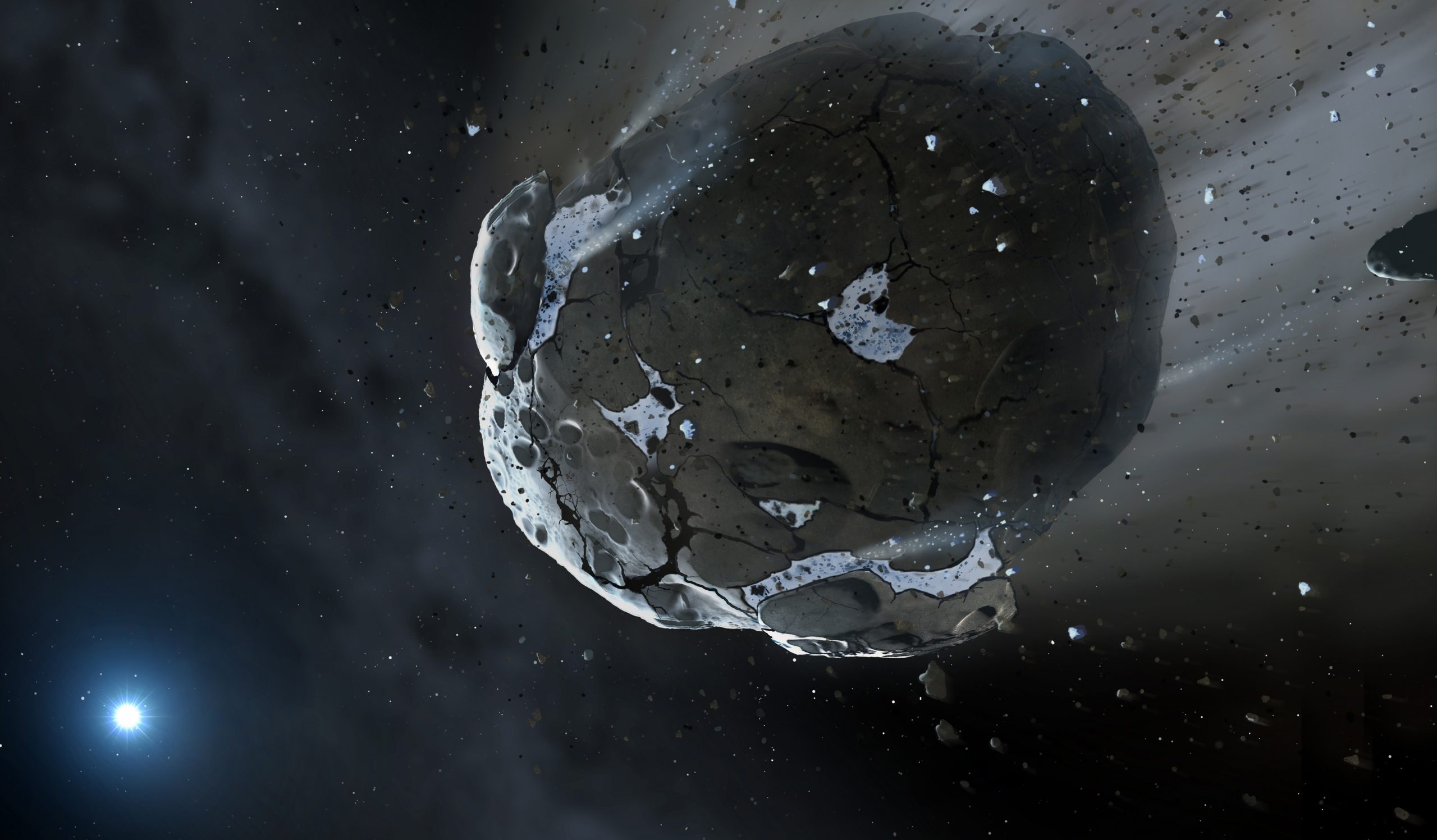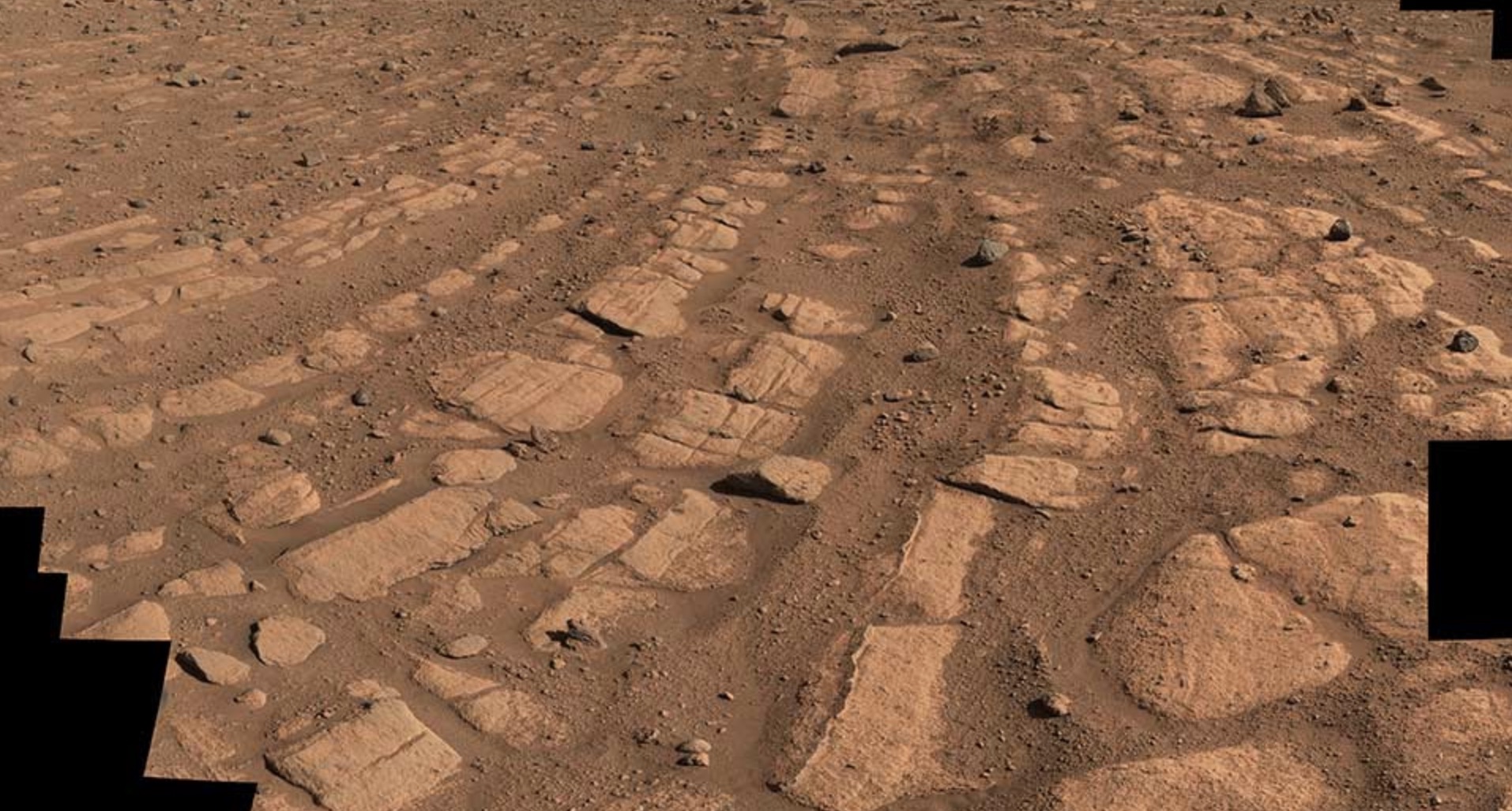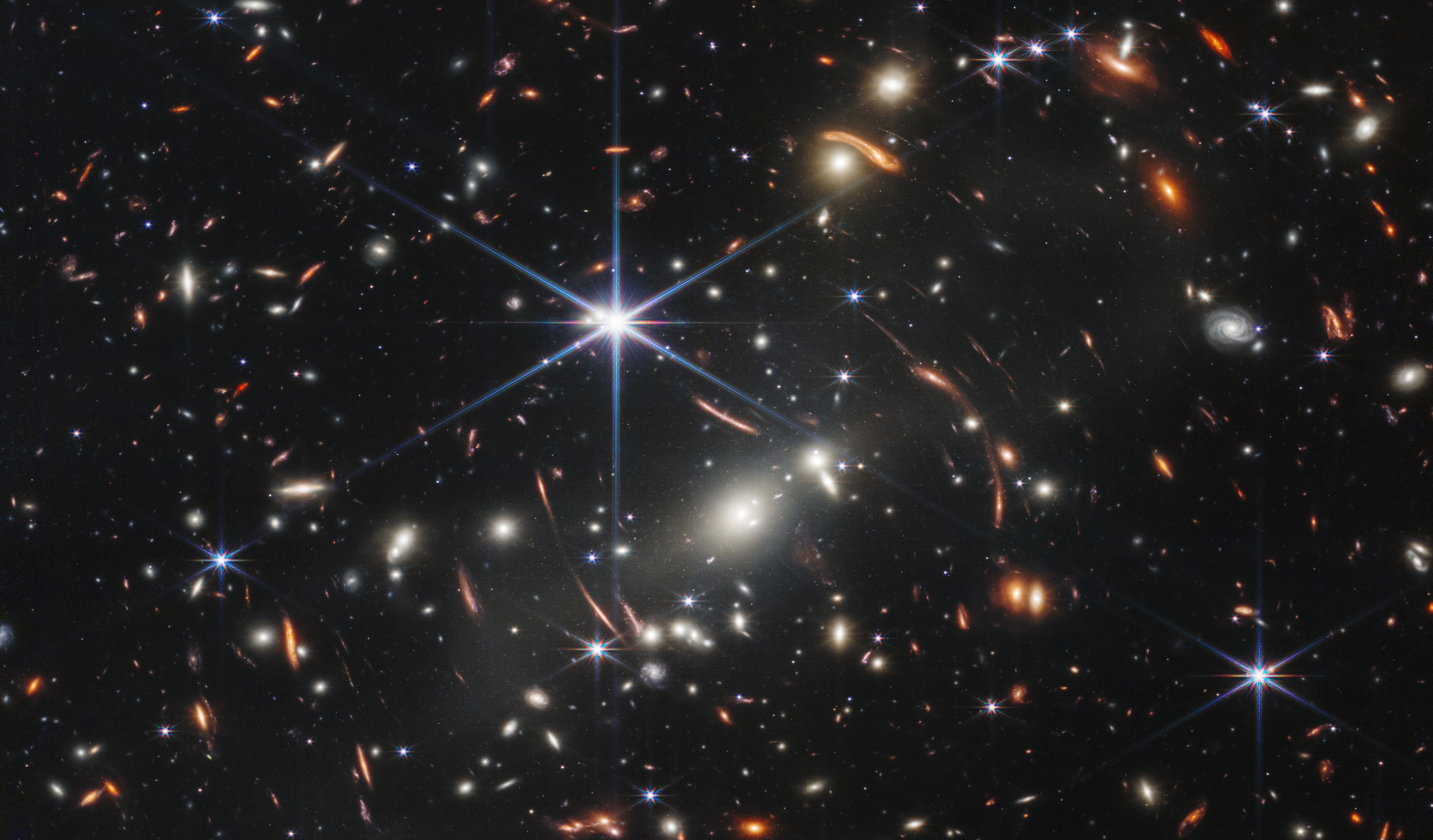Black holes have long fascinated astronomers, with three distinct types observed across the universe. Stellar-mass black holes emerge from the death throes of massive stars collapsing under their own gravity. Intermediate-mass black holes are found within some star clusters, while supermassive black holes dominate the centers of galaxies, including our own Milky Way. Yet, scientists are now pondering the existence of a fourth, hypothetical type: primordial black holes.
Primordial black holes are theorized to have formed in the chaotic moments following the Big Bang, emerging from minuscule fluctuations in the dense fabric of the early universe. Unlike other black holes, these did not arise from dying stars or massive cosmic collisions. Their formation process means they could be incredibly small in mass—and equally difficult to detect. With an event horizon potentially as tiny as a grain of sand or smaller, identifying them in the vastness of space presents a monumental challenge.
Could Primordial Black Holes Explain Dark Matter?
One of the most intriguing theories surrounding primordial black holes is their possible connection to the elusive substance known as dark matter. Dark matter, which makes up about 85% of the matter in the universe, remains invisible and undetectable by conventional means. Despite extensive research, its true nature has continued to baffle scientists. However, some researchers have suggested that primordial black holes could be the missing piece in the dark matter puzzle.
While previous observations have effectively ruled out larger black holes, such as those with planet-sized masses, primordial black holes remain a viable candidate. The question is: how can we confirm their existence?
Testing the Theory: Are They Affecting Our Solar System?
A new study, published on the arXiv preprint server, takes on the challenge of testing whether primordial black holes could indeed be hiding within our solar system. According to the researchers, if dark matter is made up of these tiny black holes, they would cluster around regular matter, much like dark matter itself. This implies that a halo of primordial black holes could surround the Milky Way—and that some could even be scattered throughout our own solar system.
The study explores whether these primordial black holes could subtly influence the motion of planets, asteroids, or comets. If they exist, their gravitational pull should cause small but detectable changes in the orbits of celestial bodies.
The Hunt for Clues in Orbital Data
To test this theory, the researchers conducted computer simulations to determine whether these black holes might impact the precise motion of objects in the solar system. Scientists track the movements of planets and other bodies using ephemerides, tables that predict their positions over time. By comparing ephemerides data over decades, the researchers hoped to identify slight variations that could signal the presence of primordial black holes.
However, the results were inconclusive. Even with advanced technology, the gravitational effects of primordial black holes would be far too weak to detect in the solar system. The simulations revealed that any such influence would be an order of magnitude smaller than what current observational limits can measure.
Still a Possibility: Primordial Black Holes and the Future
While the study didn’t find definitive evidence, it also didn’t rule out the existence of primordial black holes. Contrary to some earlier claims, the researchers argue that primordial black holes could still account for dark matter, even if their effects are too subtle for us to observe at present. This keeps the door open for further exploration and advanced technologies that may one day provide the tools to detect them.
The hunt for primordial black holes remains one of the most exciting—and elusive—quests in modern astrophysics. As new telescopes and detection methods are developed, we may be able to unlock this cosmic mystery in the future. Until then, primordial black holes continue to captivate scientists as a potential key to understanding both the universe’s early moments and the dark matter that surrounds us today.



